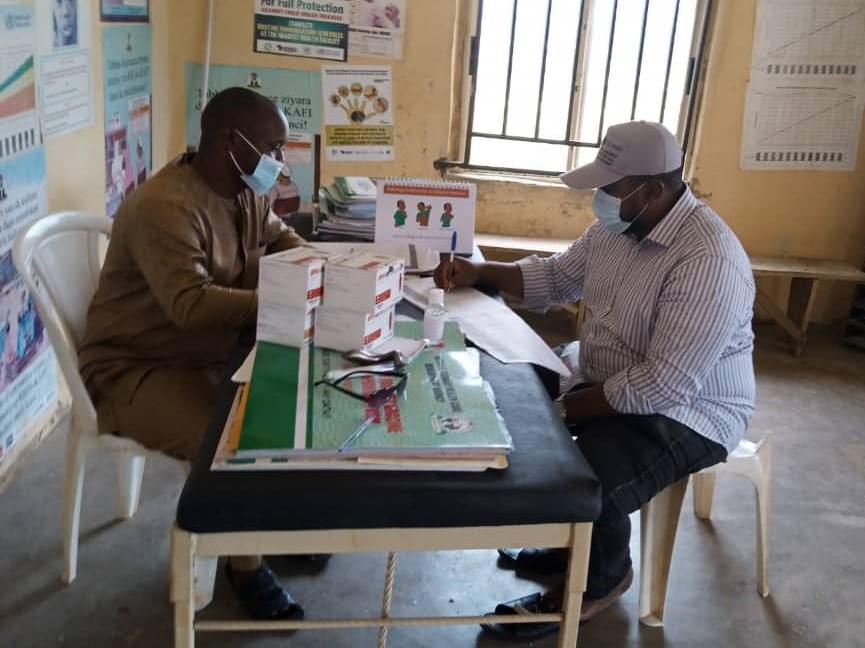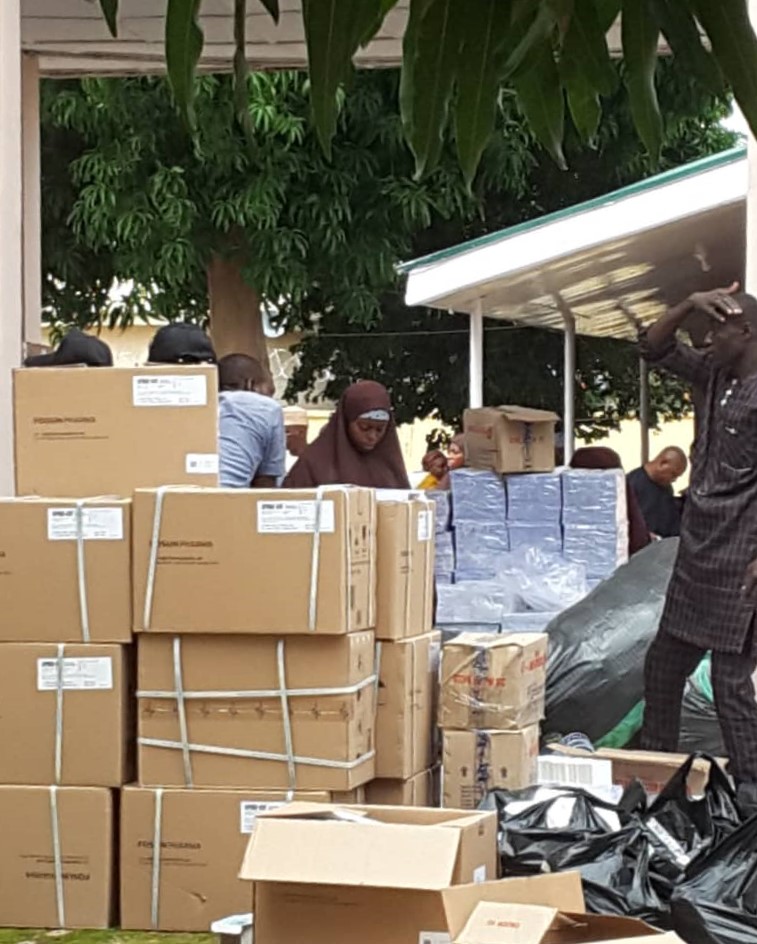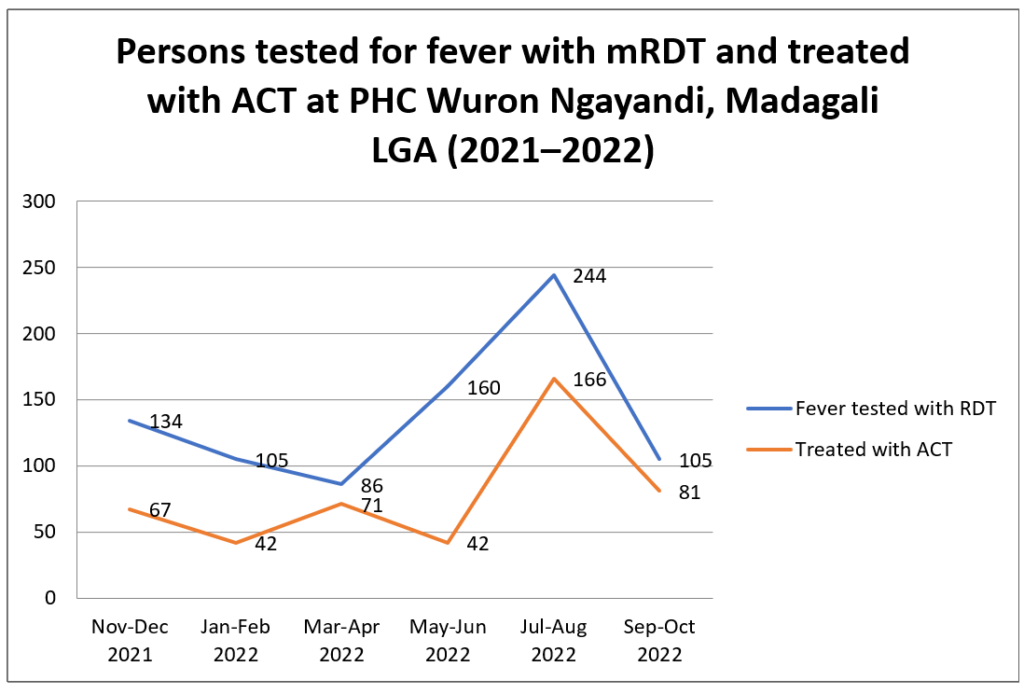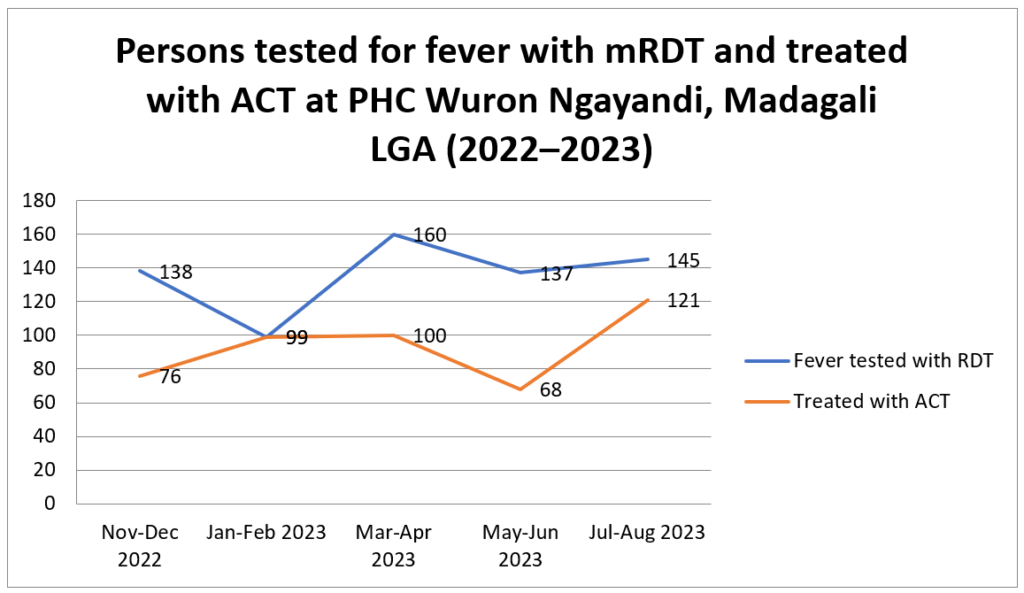Beyond the Last Mile: Fighting Malaria with Spot Checks and Integrity
Beyond the Last Mile: Fighting Malaria with Spot Checks and Integrity

Malaria medicines play a crucial role in global health initiatives, particularly in nations like Nigeria, where the disease burden is significant. They serve as vital tools in preventing illnesses that could otherwise jeopardize livelihoods and are instrumental in saving lives during critical stages of illness. However, the path these medicines traverse, spanning procurement, production, quality assurance, and warehousing, is riddled with obstacles. Foremost among these challenges is the persistent risk of diversion from the supply chain, potentially leading to their illicit sale on the open market at inflated prices.
This underscores the significance of the final stage in the journey of malaria medicines, commonly known as Last Mile Delivery (LMD), within health care logistics. It serves as the pivotal connection between the availability of medical resources and their accessibility to those in need, particularly in remote or underserved regions. Since 2020, Management Sciences for Health (MSH) has collaborated closely with Nigeria’s National Malaria Elimination Program and other partners to combat the prevalence of malaria in the country, placing a strong emphasis on bolstering supply chains. Robust supply chains empower health facilities to receive high-quality malaria medicines promptly, mitigating the risk of substandard medications entering the system and averting stock shortages in health care facilities.

“To effectively tackle malaria, establishing robust structures and implementing rigorous checks to uphold the integrity of the supply chain system is paramount,” says Bravo Otohabru, the supply chain technical lead for MSH Nigeria’s Global Fund malaria program. “LMD, encompassing the transportation and distribution of supplies and medications from central storage facilities to health care facilities, and ultimately reaching patients in communities who rely on them, constitutes a critical component of the supply chain process.”
In Adamawa State, Nigeria, as part of MSH’s efforts to fortify the supply chain system, a crucial step was the deployment of a Supply Chain Management System Specialist within the State Ministry of Health. This specialist offers vital technical support to the Logistics Management Coordination Unit (LMCU), the entity tasked with overseeing health product management across the state. Additionally, the specialist provides mentorship to LMCU staff, empowering them to sustain their operations independently once external donor support concludes.
Collaborating closely with the LMCU, MSH initiated the implementation of spot check visits during and after last-mile deliveries. This involved conducting on-site verification of delivery documents, validating stock levels, and assessing product conditions. This proactive approach enables the swift detection of any discrepancies or irregularities that may arise.

An illustrative example occurred in February 2023 in Madagali Local Government Area (LGA) of Adamawa State. During on-site verification, it was revealed that a third-party logistics provider had failed to deliver malaria products to Primary Health Care Centre (PHC) Wuron Ngayandi for two consecutive cycles, September 2022 and November 2022. Prompt action was taken upon discovery of the issue. Measures were swiftly implemented to ensure the timely delivery of products for the affected cycles to the health facility, thereby guaranteeing the availability of malaria products to meet the community’s health care needs.
“At times, third-party logistics providers engage in what we term proxy deliveries,” says James Audu, the MSH Supply Chain Management Specialist embedded in Adamawa State. “This entails delivering products to a different location in an attempt to reduce transportation expenses. Such practices significantly impact the availability of health products at health care facilities, ultimately diminishing the quality of services provided to the local communities. Through our implementation of spot check visits to health facilities, we have successfully mitigated this detrimental practice.”
Due to these rigorous checks, disruptions to the state’s health facilities supply have been greatly reduced, averting stock-outs and enhancing the efficiency of the LMD process. Notably, PHC Wuron Ngayandi has witnessed a marked improvement in the services offered to patients following swift resolutions. The accompanying chart depicts a notable rise in the number of individuals with fever who underwent testing with rapid diagnostic test kits, with all positive cases promptly treated with artemisinin-based combination therapy (ACT) at PHC Wuron Ngayandi.
“This successful intervention not only ensured the availability of crucial malaria products for the community but also demonstrated the profound impact of meticulous supply chain management practices, particularly during the pivotal LMD stage,” says Otohabru.

